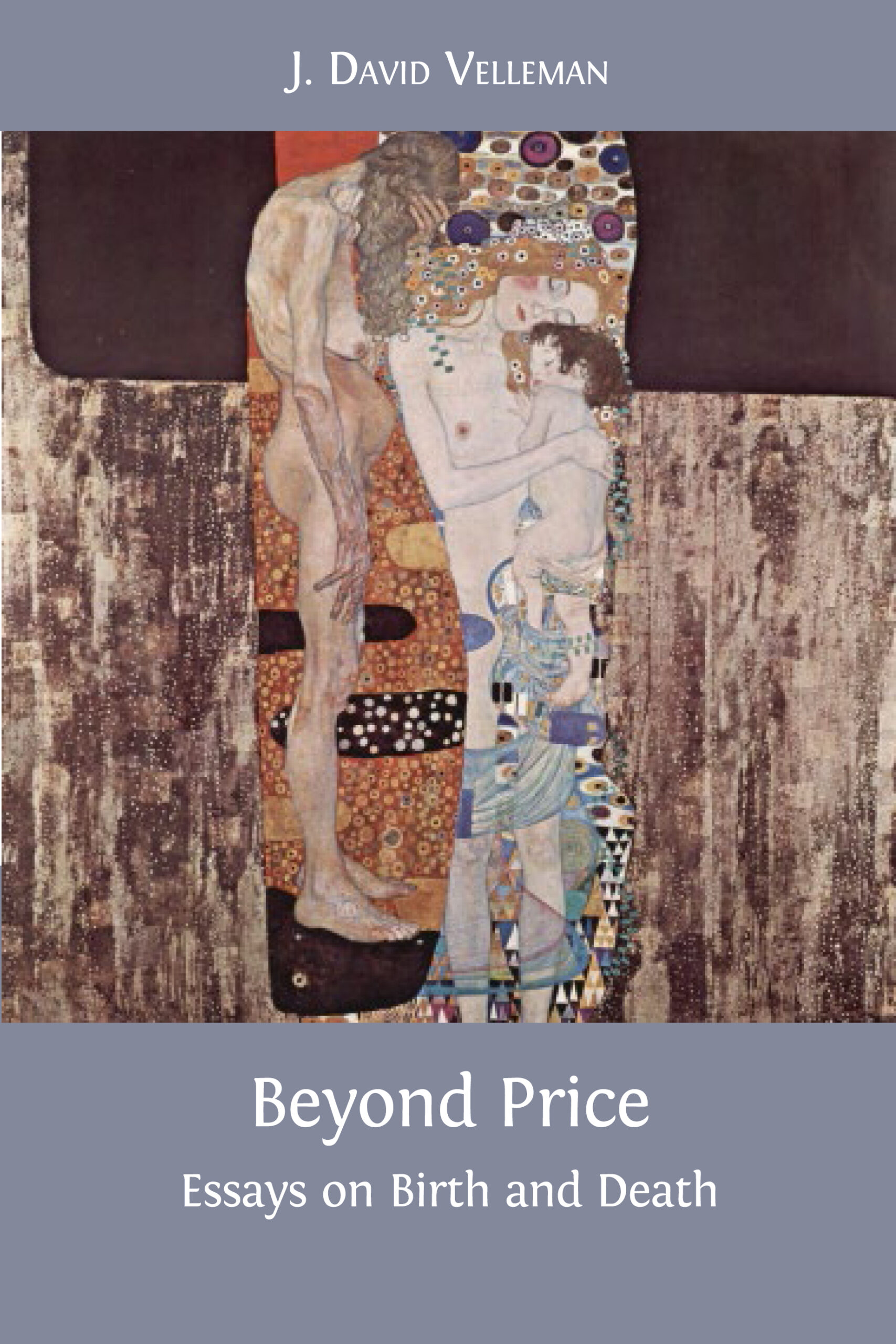The Burdens of “Choice”
- Post by: William C. Duncan
- January 9, 2016
Beyond Price: Essays on Birth and Death J. David VellemanOpen Book Publishers, 2015; 232 pages, £29.95 It is interesting that in a time of seemingly unprecedented opportunities for unfettered individual choice, when few of the social constraints traditionally indicted as barriers to human happiness remain in place, two of our more pressing political campaigns are for recreational marijuana use and physician-assisted suicide. Increasingly, it seems, we are seeking to escape, either temporarily or permanently. In regards to the latter, five states in the U.S. now permit medical doctors to assist individuals in taking their own lives. The latest to change its laws in this regard is California. After a very public wrestle over the assisted suicide bill, Governor Jerry Brown announced he would sign it. His rationale was deeply personal: “I do not know what I would do if I were dying in prolonged and excruciating pain. I am certain, however, that it would be a comfort to be able to consider the options afforded by this bill. And I wouldn’t deny that right to others.” J. David Velleman, who teaches philosophy at New York University, has thought deeply about this issue and suggests that having such a choice may lead to less comfort than the governor, and those activists he is responding to, assume. In “Against the Right to Die,” one of the essays in Beyond Price, Velleman explains why having uninhibited choices is not an unmixed blessing. He uses the example of a cashier given the combination to the store’s safe. The choice to open or not to open the safe is a burden. He points out that this is true for the person offered the choice of suicide: “Just as options can subject one to pressure from an opponent in negotiation, for example, they can subject one to pressure from other sources as well.” How so? Well, “even if the option of euthanasia won’t alter a patient’s existential situation, it will certainly alter the way in which his s
Categories:

